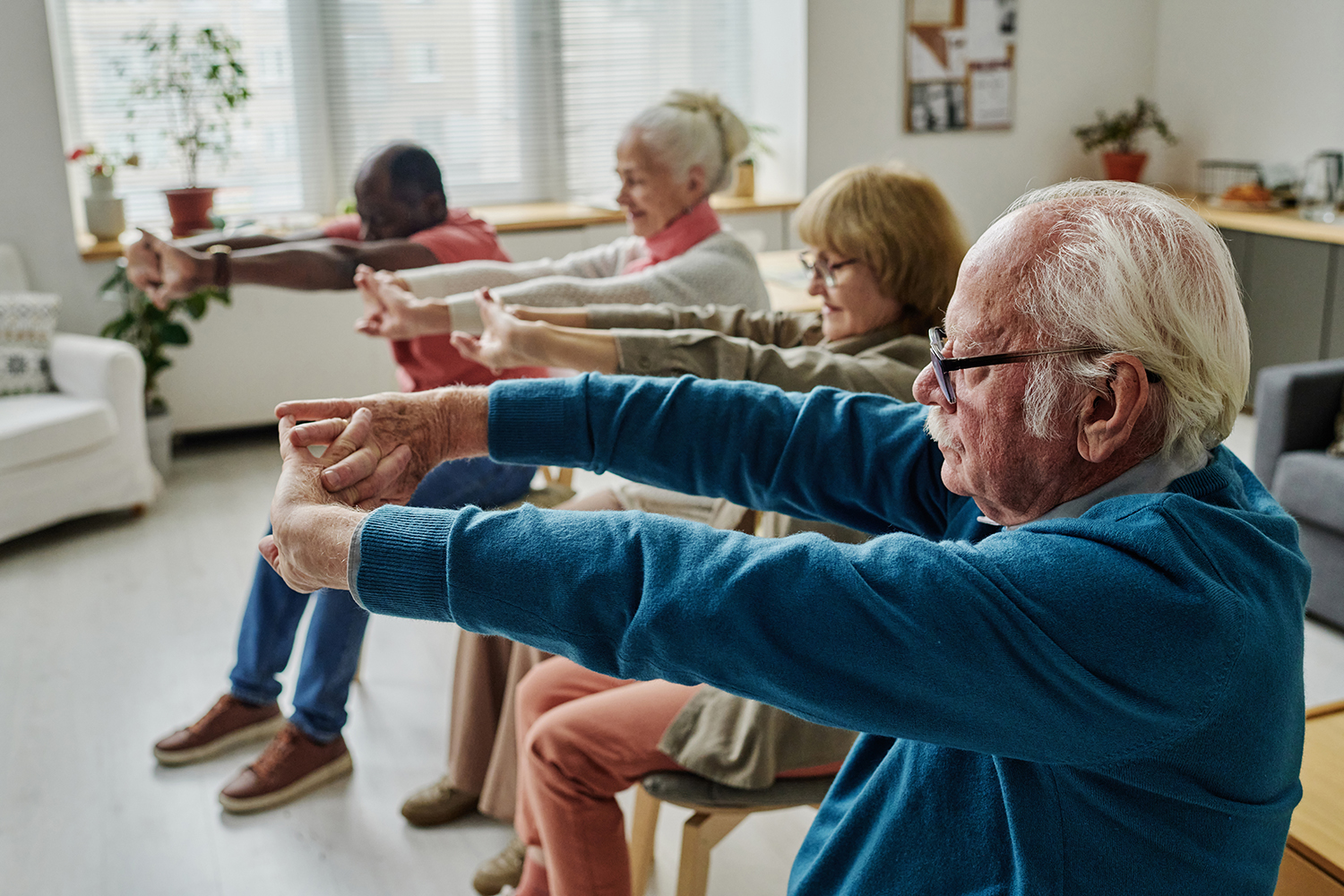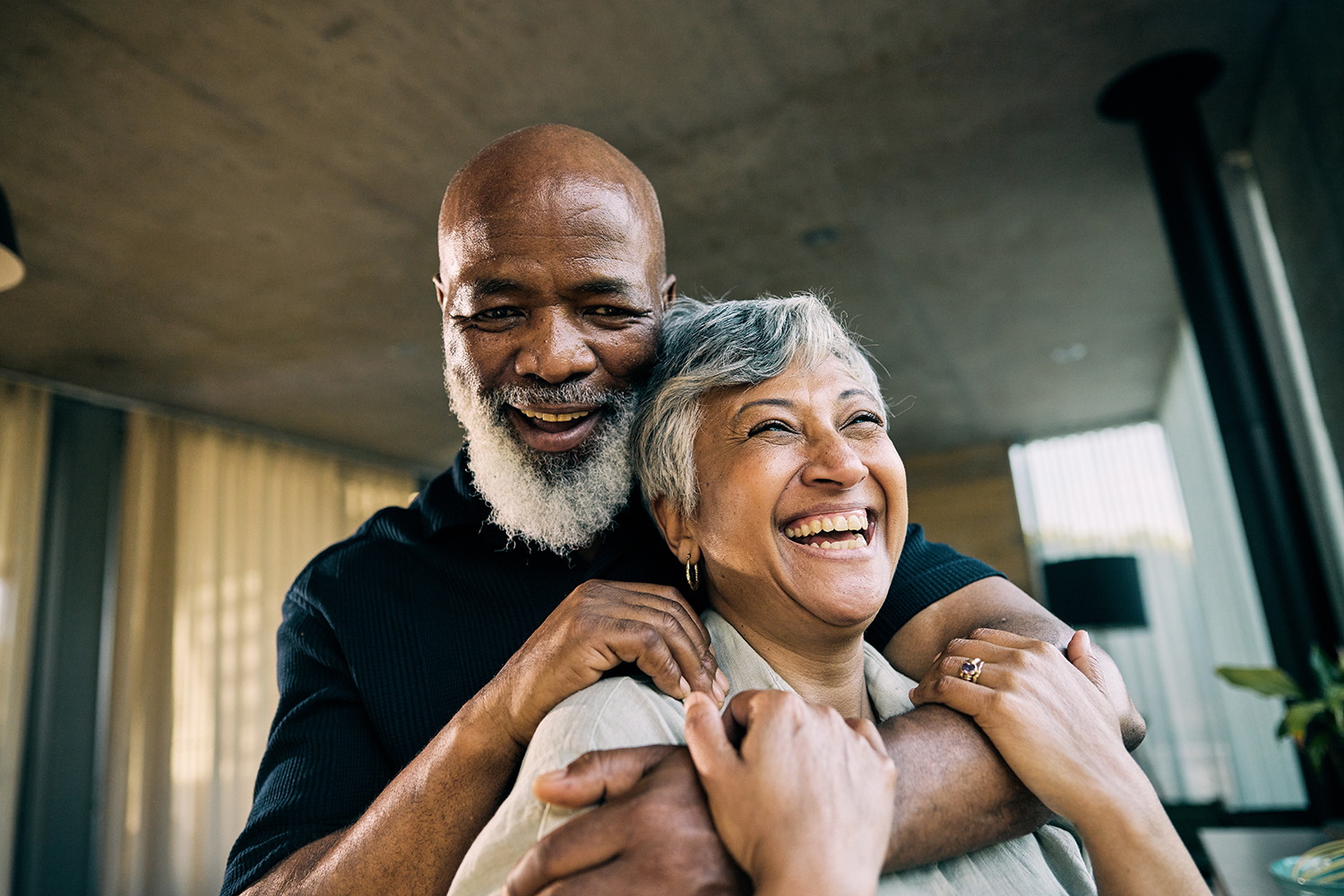Falls are one of the leading causes of serious injuries for seniors, yet most falls can easily be avoided. Simple changes to your home and adjustments to your daily routine can help reduce your risk of falls and keep you safe. With some simple adaptations, you can maintain your independence and stay safe within your home.
Not sure where to start to make your home safer and protect against falls? This article will dive into the easy and practical home safety tips you need to reduce your risk of falling.
Reducing Fall Risk in Your Home: Practical Home Safety Tips
Since many falls happen at home, the first step to reducing your fall risk is to make changes within your home. Here's a room-by-room breakdown of simple things to pay attention to help prevent falls.
Bathrooms
- Add grab bars or railings in bathrooms near toilets and tubs/showers for extra support
- Use nonskid bath mats to prevent slipping
- Always leave lights on or nightlights in bathrooms, or use motion-detected lights
Kitchen
- Clean up spills right away
- Use low-pile rugs that don't pose a fall risk
- Keep items you use frequently in accessible places (not high up)
Living spaces and bedrooms
- Consider brighter lightbulbs and open curtains to let more light into your home
- Keep nightlights near your bedside and a flashlight nearby in the event of a power outage
- Keep electrical cords neat with cord wraps to avoid falls
- Avoid standing on chairs or furniture to try to reach items
Hallways and staircases
- Use railings for support when going up or down staircases
- Never go up staircases without proper lighting
- Avoid walking on wet or recently mopped floors
Vision and Hearing Checks
Great vision is also an important component in preventing falls, both at home and on the go. Seniors should prioritize annual eye exams and ensure glasses/contacts are replaced as needed. If you notice trouble with your vision or difficulty reading, tell your doctor right away.
Hearing screenings are also important, alongside vision checks. Always wear your hearing aids as prescribed and schedule regular hearing checks.
Medication Reviews
Certain medications may increase your risk of falling. For this reason, it is important to ask your healthcare team or pharmacist to review your medications and dosages.
If you experience any side effects, such as drowsiness or dizziness, please notify your healthcare provider immediately. It's also important to tell your doctor about any supplements you are taking.
Exercises to Improve Balance and Strength
Taking steps to make your home fall-proof is a great way to help you stay on your feet. In addition to lifestyle changes, it's important to work on exercises that improve your balance and strength.
Strength and balance-focused exercises, such as sit-to-stand movements, can help you stay independent and reduce your risk of falls. Talk with your doctor about creating a customized exercise plan tailored to your specific needs.
Taking Steps to Prevent Falls
Falls can be scary, but staying on your feet is possible with a few simple changes. Schedule an appointment with your doctor to discuss additional steps to prevent falls and to learn more exercises to help you improve your strength and balance. Our care teams are here to talk openly with you about fall risks and prevention.
Not patient yet? Click here to find a center near you. We’d love to meet you and show you what it’s like to receive personalized, preventive care that keeps you healthy and out of the hospital.




